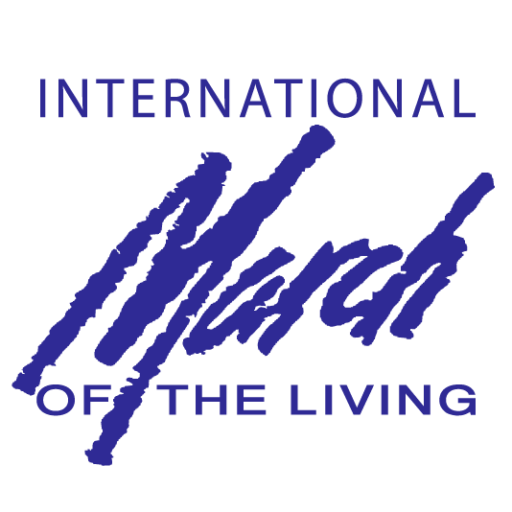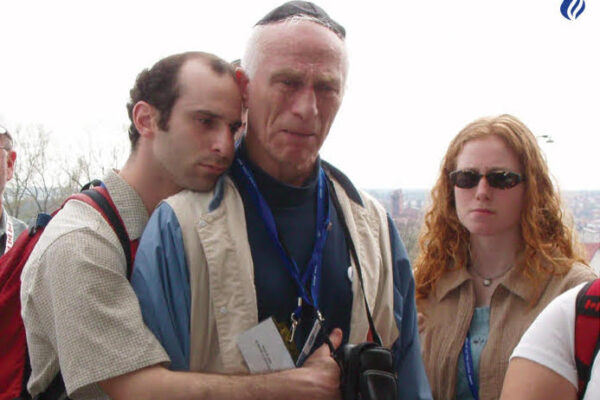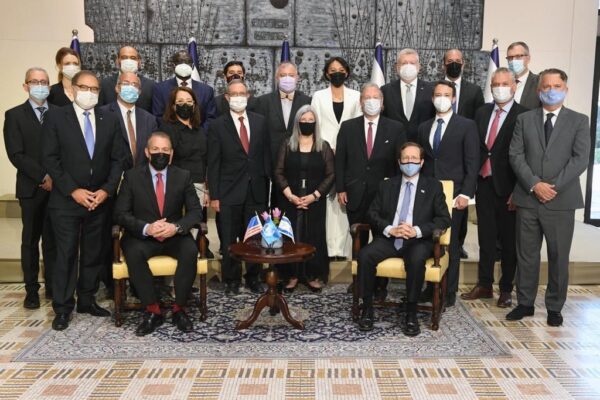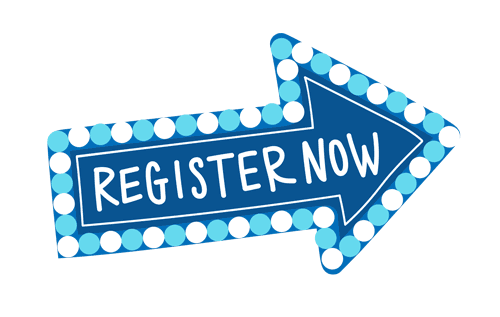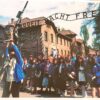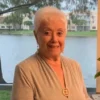
Rabbi Jeremy Winaker
I was there. I was in the Birkenau death camp with Elie Wiesel in 1990. I had just marched from Auschwitz with thousands of Jews from around the world, mostly youths like myself at the time, as part of The March of the Living. The March of the Living commemorates Yom HaShoah (Holocaust Remembrance Day) in Poland andYom HaAtzmaut (Independence Day) in Israel. At the end of our march, Elie Wiesel spoke, and then he didn’t.
You can watch the video here. He speaks for a brief time, and right when he seems to be getting to what he wants to say, he walks away from the microphone. His silence resounded, his silence echoed, his silence spoke volumes. I remember at the time thinking “How strange? The voice of his generation, the man who reminded the world of humanity in and after the Holocaust through his books and other speeches was at a loss for words.” And, how right he was to speak thus!
I would learn in Israel a week later that Yad VaShem (Israel’s Holocaust Museum) sought to teach a similar lesson: the Holocaust is unknowable. Just as Wiesel had no words, a cattle car sits on broken rails over a precipice. By contrast, visitors to the United States Holocaust Museum step into a cattle car. The Children’s Memorial atYad VaShem uses mirrors to reflect candlelight 1.5 million times; you cannot count them all, you cannot even see them all. I learned then, and still find it true today, that however much one may learn about the Holocaust, one cannot know it.
I was struck forcefully then when I saw tweets condemning Wiesel on the day of his death. I was disturbed by the condemnation not because I idolize Wiesel or think him a saint or, more Jewishly, a tzadik (a righteous person). I was disturbed because Jewish remembering is supposed to be different. At Jewish funerals, we are obligated to speak well (the literal meaning of “eulogy,” from Greek) of the dead, even felons and abusers. When Jews say, “Remember,” we are not saying dwell on the past, we are saying do not let it repeat. To use Wiesel’s own words:
Oh, yes, the witness knows that for the dead it is too late; for them, abandoned by God and betrayed by humanity, victory came much too late. But it is not too late for today’s children, ours and yours. It is for their sake alone that we bear witness. It is for their sake that we are duty-bound to denounce anti-Semitism, bigotry, racism, and religious or ethnic hatred. … Yes, the past is in the present, but the future is still in our hands. (One Generation After, 2011, pg. ix)
Despite this forward approach to remembrance, Wiesel’s Jewish detractors harped on his past support for Bibi Netanyahu and his policies regarding Iran, West Bank settlements, and more. The kind version stated that he did not live up to his own ideals.
Here is where I differ, and I learned it from Wiesel back on that day in 1990. Humanity is complicated. Wiesel taught us to denounce hatred, not people. He knewhumanity’s deepest moral abyss and the all-too human desire for vengeance. Yet, he did not advocate love as the counter, he counseled generosity and gratitude. Heknew that human idealism is another chasm. We need to know when there are no words. We need to know when to recognize human limitations and to work within them.
That is how I will remember Elie Wiesel. Jewishly, it speaks well of him. Jewishly, it turns my witness of his life into a positive lesson for the future; it makes his memory a blessing. We can and should argue politics another day; first we need to stop talking and learn to appreciate what it means to be human. “The future is still in our hands.”
Originally published HERE
